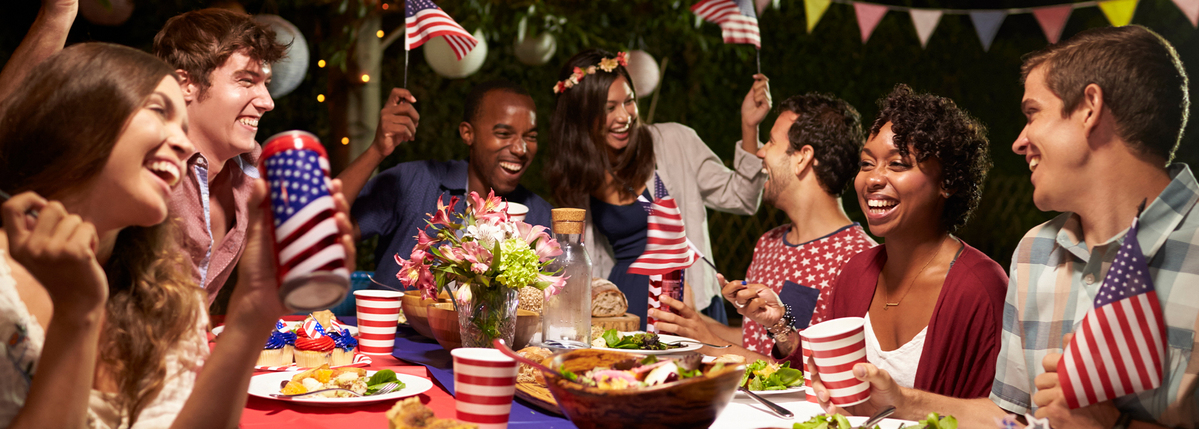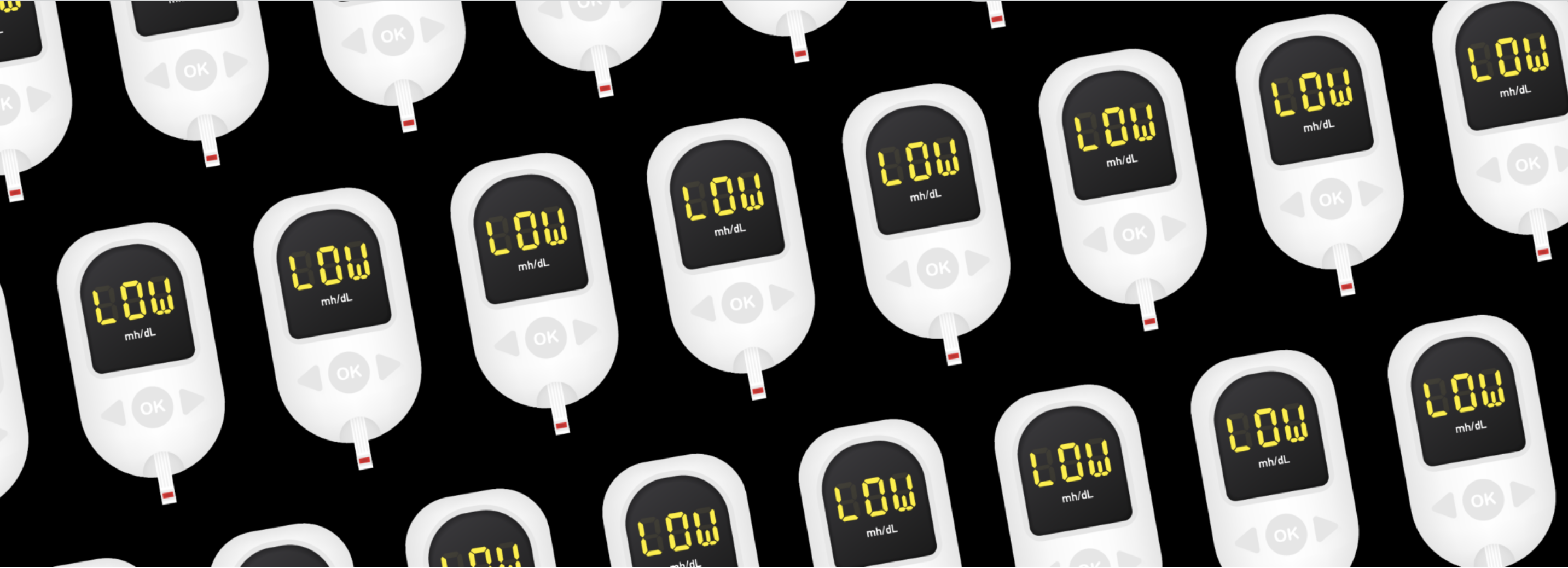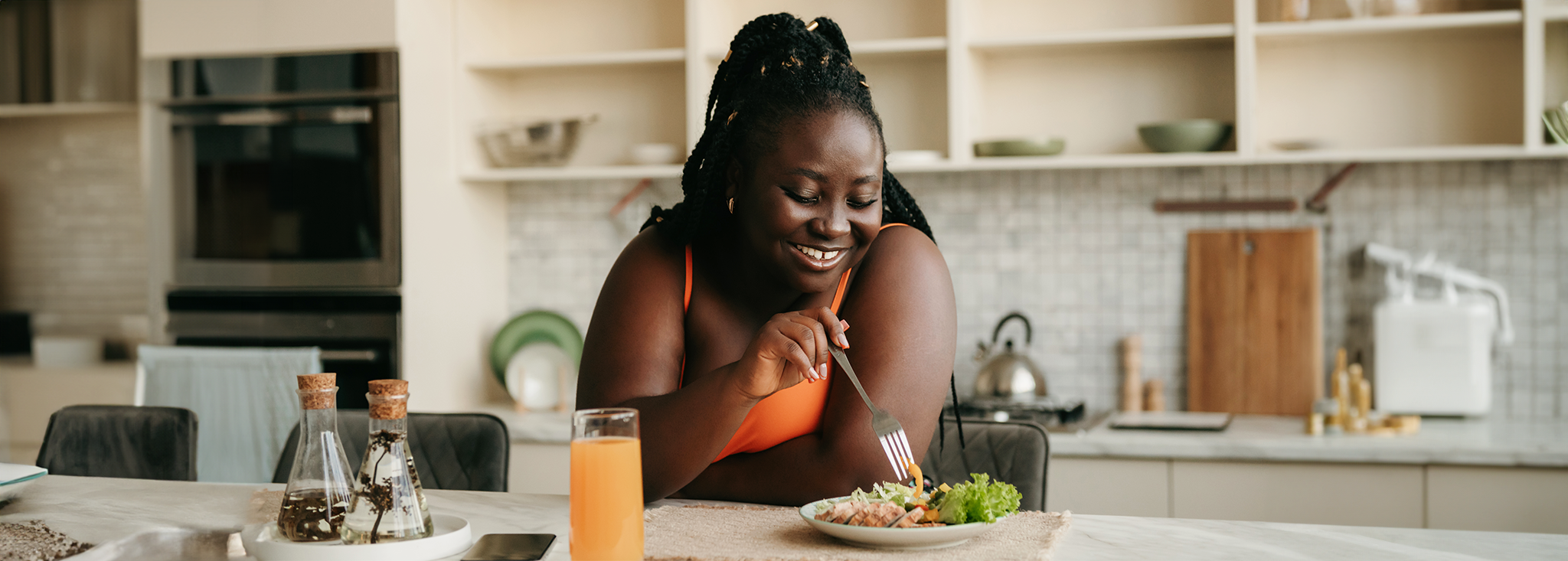COVID-19: What Your Friends with Preexisting Conditions Need You To Know
Written by: Lala Jackson
4 minute read
September 14, 2020
Editor’s Note: We have a simple goal: tap into the power of the global diabetes community to save lives. Visit coronavirusdiabetes.org to learn more about what you can do as a person with diabetes to keep yourself and others safe from COVID-19 until we’re all safe.
The following is a collection of conversations and opinions we’ve heard from the diabetes community. This article was published on September 14, 2020 and will not be getting updated.
The first few months of 2020 presented a global health crisis not seen in almost a century. When the coronavirus first emerged, wild theories abounded. We didn’t know who was most at risk to get severely ill or die. There was a mind-numbing amount of conflicting information—do we wear masks or not? Is this virus airborne or does it live on surfaces? Am I safe to go outside at all?
For those of us living with chronic diseases like diabetes, this was all exponentially more intense. Living with an invisible illness during a pandemic is a uniquely anxiety-inducing and isolating experience. Each of us has our own level of fear about our risk, but much of our ability to protect ourselves was based on pure gut feelings because no one had enough data from which to make informed decisions.
Now, we know a little bit more. Living with diabetes itself does not appear to increase our risk of contracting coronavirus, but if we do get COVID-19 and end up in the hospital, things could go south quickly. It also seems like many people who do end up in the hospital have other underlying heart or lung conditions or are older in age, so we don’t know what percentage of risk is diabetes-specific. For many of us, memories of poor diabetes care in hospital settings is a major risk to consider—COVID-19 may not kill us but a medical professional who doesn’t listen to or know how to take care of our needs might. And it may not even be their fault— in an overly taxed medical system that does not have the resources to take care of the volume of people who are sick right now, people with often-misunderstood chronic illnesses fall to the wayside.
Existing in the world with a disease like diabetes can already be already dangerous. Existing in a world currently going through a pandemic, with conflicting and limited guidance and leadership, broken healthcare systems, a taxed medical supply chain and the medication that is our lifeline often too expensive to afford? It’s all still scary, and while we know a little bit more, we’re still flying blind and doing the best we can amidst constantly changing circumstances. Here’s some of what your friends with pre-existing conditions want you to know:
- This is still really scary; please give me space and time to figure out what decisions are best for me. Every person living with a pre-existing condition is different. Many of us live with multiple health hurdles we’re juggling, and even within the same disease, we each have to take care of ourselves in different ways. Some of us feel completely safe starting to return to (socially-distanced, while wearing a mask) everyday activities, while some of us feel safer continuing to stay at home. Some of us don’t have a choice—the need to earn a paycheck to support ourselves, our families, or keep our health insurance supersedes our fears. Be kind. Be patient. Don’t assume to know what we need. Ask us how you can support us.
- Please stop sending me articles about people with my disease dying from COVID-19. I’ve either already seen it or I’m purposely ignoring it for mental health reasons. I promise I already know all of the risks someone like me faces, and I am doing everything I can to mitigate them. It is my job to pay attention to the level my health requires, and I promise I’ve already done it.
- I reserve the right to change my mind at any time for any reason. In a time when we are all making decisions on the fly, there are days we’re agreeing to things because the most recent headline we saw seemed positive, or we’re having a strong mental health day. At any moment, for any reason, that may change. New studies about how COVID-19 affects people are published weekly, with studies that then directly conflict following just a week later. We’re not being flaky; we’re trying to keep ourselves alive in a constantly changing landscape.
- “Don’t worry, it only kills people who are old or already sick” is still a really horrible thing to hear. Knowing that there are so many people in the world who care so little about our lives is heavy. For many of us, this is simultaneously compounded by how society views our race, our culture, our social standing, our access to healthcare or a paycheck. We are being told we do not matter from multiple directions, and we are exhausted.
- Having a discussion about a COVID-19 vaccine isn’t productive for me. While there are many companies doing clinical trials, there is no current frontrunner. Once there is, there will be conversations about priority vaccinations. No, I don’t know if I will be able to get one. Don’t ask me about how I feel about vaccinations and what I will do once I get one or if I should get one. There are still many unanswered questions about what will happen after a vaccine becomes available and I’m just trying to stay safe until then.
- I still love you. But if I say I can’t visit with you yet, please respect that. I miss you immensely. I wish I could see you. Right now, I’m having to weigh the very real thought that if we visit together right now, there’s a chance I won’t be around to know you for the rest of your life. I don’t want to have to make that decision. Please don’t ask me to.
- Please stay home while waiting for your COVID-19 test results or if you’re feeling under the weather. This may not feel like a big deal to you. You may not feel like COVID-19 will impact you too harshly or you probably won’t end up interacting with anyone who is high risk when you go outside. But there’s no way to know who’s path you’ll cross and what impact COVID-19 could have on them or someone they are going home to. Many of us who are at higher risk do not have the option of staying inside and away from you. We have to get groceries for our families, we have to earn a paycheck, we have to see our doctor, and many of us don’t LOOK sick. You won’t know when you cross paths with a high-risk person. Please don’t make those choices potentially deadly for us.
To learn more about the precautions everyone impacted by diabetes should take throughout the COVID-19 pandemic, visit coronavirusdiabetes.org.

Author
Lala Jackson
Lala is a communications strategist who has lived with type 1 diabetes since 1997. She worked across med-tech, business incubation, library tech and wellness before landing in the type 1 diabetes (T1D) non-profit space in 2016. A bit of a nomad, she grew up primarily bouncing between Hawaii and Washington state and graduated from the University of Miami. You can usually find her reading, preferably on a beach.
Related Resources

The biggest barbecue day of the year is the 4th of July! Celebrating the 4th...
Read more

Hypoglycemia and severe hypoglycemia are two things against which all people with diabetes should be...
Read more

Whether or not you have type 2 diabetes, you must eat. You must also pay...
Read more

